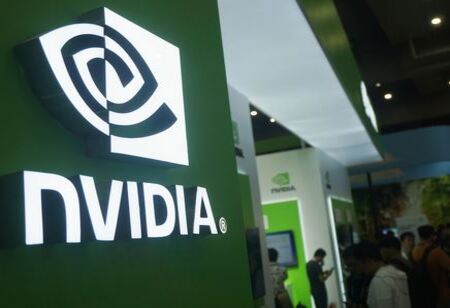
Nvidia, AMD Agree to Give the US Government 15 Percent of Revenue


Nvidia and AMD have agreed to give the US government 15 percent of revenue from sales to China of advanced computer chips like Nvidia's H20 that are used for artificial intelligence applications, according to reports.
The Trump administration in the US stopped the sales of H20 chips to China in April, but last month Nvidia revealed that the US indicated it would permit the company to restart sales and it anticipated initiating deliveries shortly.
The Commerce Department started granting licenses for the sale of H20 chips to China.
In response to whether Nvidia had consented to pay 15 percent of revenues to the U.S., it revealed that it adheres to the regulations established by the US government for our involvement in global markets.
The company further stated that, although it has not sent H20 to China in months, it expects that export regulations will allow America to compete in China and globally.
Also Read: 5 Astonishing Factors About Sundar Pichai's Leadership
AMD did not reply to a request for a statement regarding the news, which most reports stated earlier this week. The US Department of Commerce did not promptly reply to a request for feedback.
China is a major market for both enterprises. Nvidia earned $17 billion in revenue from China during the fiscal year concluding January 26, accounting for 13 percent of overall sales.
AMD announced $6.2 billion in revenue from China for 2024, representing 24 percent of overall revenue.
Reports stated that the semiconductor manufacturers consented to the deal as a prerequisite for acquiring the export licenses for their chips, including AMD's MI308 models. The report indicated that the Trump administration had not yet decided how to allocate the funds.
Also Read: Lessons from the Rewarding Investment Journey of Warren Buffett
“It’s crazy,” remarked Geoff Gertz, a senior fellow at the Center for New American Security, an independent think tank located in Washington, D.C.
“Selling H20 chips to China is either a national security risk, meaning we shouldn’t engage in it at all, or it’s not a risk, so why impose this additional penalty on the sale?"

